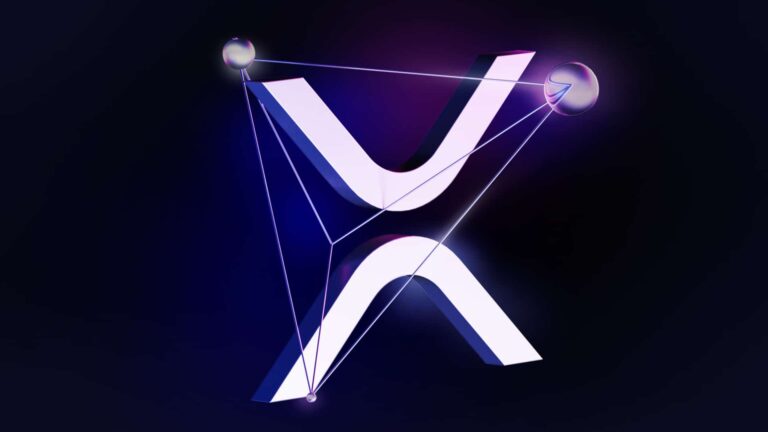Important points:
Codius aims to significantly increase the scalability and versatility of XRPL by enabling off-chain smart contracts. The XRP Ledger ecosystem benefits from interoperability with other blockchains. Codius’ language flexibility extends developer engagement across industries.
In a promising development for the XRP Ledger ecosystem, former Ripple CTO Stephen Thomas recently announced that he is working on a new version of Codius, an open source smart contract hosting platform.
First proposed in 2014, Codius was aimed at running decentralized applications (dApps) with a more scalable and flexible contract execution model compared to traditional blockchain implementations.
The new version brings great potential to Ripple’s XRPL, primarily where fast and complex transactions exist, and promises to solve major limitations in the blockchain world.
XRPL off-chain contract processing
One of the main features of Codius is that it provides off-chain contract processing capabilities. This reduces the operational load on the XRP Ledger without sacrificing transaction speed.
This architecture allows you to distribute the load of computational tasks among many hosts. Create a peer-to-peer network that can run high-volume applications without slowing down XRPL.
This ensures scalability and a way to handle even complex smart contract logic in the ecosystem without overloading the XRP network.
Codius also introduces built-in billing for contract operations, which allows programs to make payments on their own. This creates a more sustainable revenue model for hosting providers.
These capabilities will enable more sophisticated dApps to run on XRP, further extending its functionality beyond microtransactions to a broader range of applications in various industries while maintaining XRPL’s high TPS metrics. will be done.
Cross-chain connectivity and developer flexibility
Codius’ unique design is blockchain-agnostic and runs on a number of different blockchain networks. This makes it a very popular tool for developers looking to build decentralized applications that can communicate across multiple different blockchain networks and implement traditional payment systems.
This is exactly in line with Ripple’s larger vision of the Internet of Value. Smart contracts can also be written in popular programming languages such as Java and C++. This allows more developer talent to contribute and become even more immersed in the XRPL ecosystem.
Codius strengthens interoperability between chains, positioning the XRP Ledger as a critical intermediary for both cross-chain and cross-industry transactions, placing XRP at a critical crossroads in the Internet economy.
This interoperability will increase the flow of transactions on the XRP Ledger, potentially attracting more developers.
Related Books | Dogecoin’s Hidden Bullish Signal: Is a 400% Soaring Possible?


